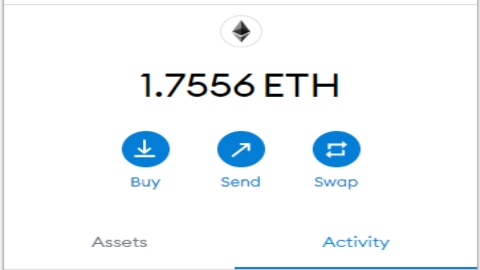By Tommy Wilkes
LONDON, Feb 24 (Reuters) – The Russian ruble fell to a record low on Thursday, the euro sank to a multi-year low against the Swiss franc and the yen soared after Russian forces attacked Ukraine, firing missiles at several cities and landing troops on its southern coast.
The Ukrainian foreign minister said Russia had launched a full-scale invasion and explosions could be heard in the capital.
Investors dumped the Russian currency and rushed to safe-haven assets. Riskier currencies such as the Australian dollar, which move in line with risk appetite, also tumbled.
Volatility in the forex markets spiked, with one of the most followed volatility measures hitting its highest since December 2020.
MUFG analyst Lee Hardman said risk aversion “will dominate in the short term, favoring further strength in the US dollar, yen and Swiss franc.”
“In contrast, the risks remain highly tilted to the downside for the ruble and other European currencies that are more sensitive to the negative effects of military action in Ukraine,” he said.
The ruble weakened to 89.98 per dollar. The US currency was up 7% against the currency at the time of writing, and selling pressure increased again as European markets opened.
The euro fell as much as 0.84% to $1.1209, the lowest level since January 31.
The Swiss franc soared to its highest since 2015 against the euro, at 1.029, before retreating. The euro was later down 0.3% at 1.0352 francs.
The US dollar, another haven currency, rose initially, with the index as much as 0.60% higher at 96.762 for the first time since January 31, before giving back some of those gains.
The Japanese yen’s moves were less than spectacular, with the currency trading up 0.2% to 114.74.
The Australian dollar fell as much as 0.90% to $0.7167, and the New Zealand dollar fell as much as 1% to $0.6706.
“The situation certainly looks like it’s going to get worse before it gets better, and that means commodity currencies may weaken,” said Joseph Capurso, an analyst at Commonwealth Bank of Australia.
(Additional reporting by Kevin Buckland in Tokyo; Editing by Gareth Jones, translated by Tomás Cobos)
